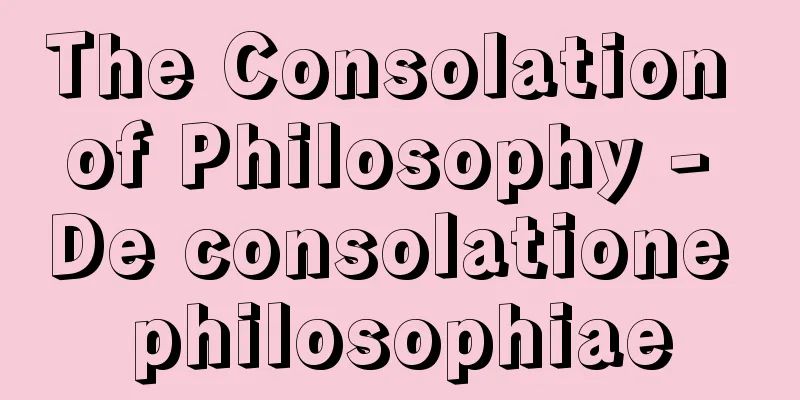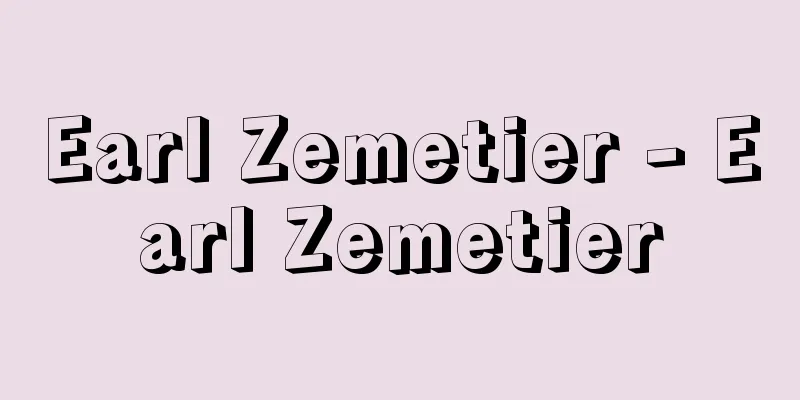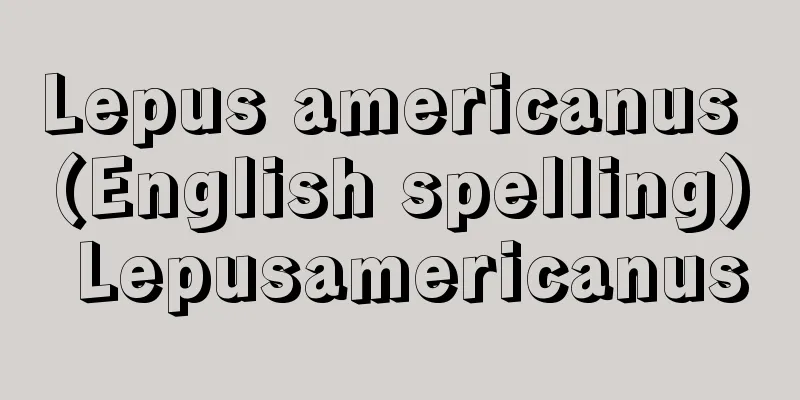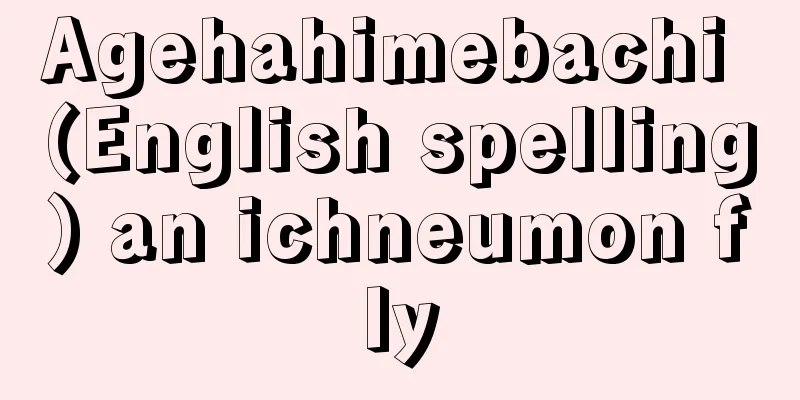Encoding - Fugouka (English spelling) encoding
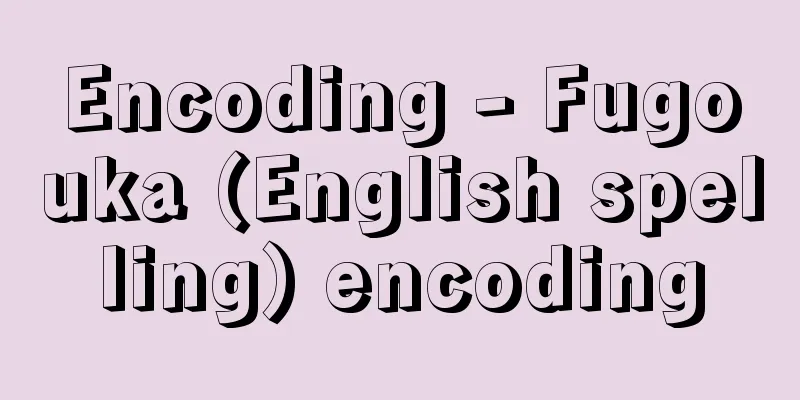
|
Encoding is synonymous with memorization and refers to the process of memorizing information that is to be retained. With interest in what type of encoding improves memory performance, research has been conducted to experimentally manipulate and examine encoding, particularly into long-term memory. There are situations where encoding is done intentionally (intentional learning) and situations where encoding is done accidentally (without the intention of learning). The memory process or memory performance due to intentional learning and incidental learning are sometimes called intentional memory and incidental memory, respectively. When encoding is done intentionally, the strategies used by the participants have a large influence. In contrast, in incidental learning, participants are given a processing task for encoding, called an orientation task, which does not seem to be a memory task at first glance, and are then asked to engage in a test task that they were not informed of in advance. In this case, it is thought that participants are unlikely to use their own memory strategies, so various encoding experimental manipulations are possible. A representative example of such experimental manipulation is the level of processing. For example, to encourage processing of the letter form of the memorization material, participants are asked to answer the question, "Is this word presented in lowercase?" for a presented word. To encourage phonological processing of the same word, participants are asked to answer the question, "Does this word rhyme with WEIGHT?", and to encourage semantic processing, participants are asked to answer the question, "Does this word fit the underline in He met a _____ in the street?". It is known that memory performance measured by recall (recalling what has been memorized without external cues) and recognition (judging whether the memorized material exists or not) is better when phonological processing of words is performed rather than morphological processing, and when semantic processing is performed rather than phonological processing (Craik, FIM, & Lockhart, RS, 1972). This phenomenon is called the level of processing effect because it is thought that phonological processing is performed at a deeper level than morphological processing, and semantic processing is performed at a deeper level than phonological processing. However, in reality, it is difficult to define the depth of processing in advance, and this point has been criticized in later research. However, the core of the concept of level of processing is the idea that episodic memory is a record of processing, and this idea itself has had a great influence on later research in that it drew attention to the processing process that takes place during memorization activities. The result that semantic processing during encoding improves recall and recognition scores more than morphological or phonological processing can be attributed to the fact that these test tasks are advantageous for semantic processing. In fact, when tasks in which morphological and phonological processing are important are used in the test phase, morphological and phonological processing during encoding results in higher recognition scores than semantic processing. In other words, the greater the degree of overlap between encoding and retrieval processing, the higher the memory performance. This is consistent with the idea of transfer-appropriate processing, which suggests that information used at retrieval can be efficiently retrieved if it is appropriately processed at encoding. A similar concept, the encoding specificity principle, is the idea that the information in the retrieval cue depends on the degree to which it is incorporated into the trace of the target at encoding. For example, the word ROUND has a strong association with square, so it is usually easy to recall that ROUND was presented in a learning list using square as a cue. However, during the learning stage, if ROUND is memorized as a pair with a word that has only a weak association, such as cabbage-ROUND, the effective cue for recalling ROUND is cabbage, not square (Tulving, E., & Thomson, DM, 1973). Thus, the effectiveness of the cue at the time of retrieval is determined by the type of encoding that was performed. In other words, the effectiveness of the encoding operation depends on the type of retrieval cue that is used. In other words, memory performance can be said to be determined by the interaction between encoding and retrieval. Research that manipulated encoding has made it clear that the effectiveness of encoding cannot be discussed without considering retrieval. →Memory →Knowledge →Everyday memory [Saito Satoshi] Latest Sources Psychology Encyclopedia Latest Psychology Encyclopedia About Information |
|
符号化とは,記銘memorizationと同義であり,保持されるべき情報を記憶する過程を指す。どのような符号化が記憶成績を向上させるのかという関心から,とくに長期記憶への符号化を実験的に操作し検討する研究が行なわれてきた。符号化が意図的に行なわれる意図学習intentional learningによる事態と学習意図のない偶発学習incidental learningとがある。意図学習,偶発学習による記憶過程あるいは記憶成績を,それぞれ意図記憶intentional memory,偶発記憶incidental memoryとよぶこともある。 符号化が意図的に行なわれる場合,実験参加者が用いる方略strategyの影響が大きい。これに対して偶発学習では,実験参加者は,一見したところ記憶課題であるとは思われない方向づけ課題とよばれる符号化のための処理課題を与えられ,その後,事前には知らされていなかったテスト課題に従事することを求められる。この場合,実験参加者が独自の記憶方略を用いることは少ないと考えられるため,さまざまな符号化の実験操作が可能である。こうした実験操作の代表的なものとして,処理水準level of processingが知られている。たとえば,記銘材料の文字形態についての処理を促すためには,提示された単語に対して,「この単語は小文字で提示されていますか」という質問に回答することを求める。同じ単語に対して音韻的な処理を促す場合には,たとえば,「この単語はWEIGHTと韻を踏んでいますか」という質問に回答することを求め,意味的な処理を促すときには,「この単語はHe met a _____ in the street?のアンダーラインに適合しますか」という質問に回答することを求める。単語の形態処理よりも音韻処理を行なった方が,音韻処理よりも意味処理を行なった方が,再生(記銘したことを外的手がかりなしで想起すること)や再認(記銘した材料についてあったかなかったかで判断すること)によって測定される記憶成績が良いということが知られている(Craik,F.I.M.,& Lockhart,R.S.,1972)。形態処理よりも音韻処理,音韻処理よりも意味処理の方が深い水準で行なわれると考えられることから,この現象は,処理水準効果とよばれているが,実際には,処理の深さをあらかじめ定義することは困難であり,この点が後の研究によって批判されている。ただし,処理水準の概念の根幹にあるのは,エピソード記憶は処理の記録であるという考え方であり,この考えそのものは,記銘活動の間に行なわれる処理過程に注目を促したという点で,後の研究に大きな影響力をもっている。 符号化時の意味処理が,形態処理や音韻処理よりも再生や再認の成績を向上させるという結果は,これらのテスト課題が,意味処理にとって有利であるためだと考えることができる。事実,形態処理や音韻処理が重要であるような課題をテスト段階で用いると,符号化時に形態処理や音韻処理を行なった方が,意味処理を行なうよりも再認成績が高い。つまり,符号化時の処理と検索時の処理がオーバーラップしている程度が大きいほど,記憶成績は高くなる。このことは,転移適切性処理transfer-appropriate processingとよばれる考えと一致し,検索時に利用される情報が符号化時に適切な処理を受けていることが,効率的な検索を可能にすることを示唆する。類似した概念である符号化特定性原理encoding specificity principleとは,検索手がかりの情報が,符号化時にターゲットの痕跡に取り込まれている程度に依存するという考えである。たとえば,ROUND(丸)という単語は,square(四角)と強力な連想関係があるため,ROUNDが学習リストの中で提示されたことを,squareを手がかりに想起することは,通常は容易である。しかし,学習段階において,cabbage(キャベツ)-ROUNDというように,弱い結びつきしかない単語とペアにしてROUNDを記銘すると,ROUNDを想起するために有効な手がかりは,squareではなく,cabbageとなる(Tulving,E.,& Thomson,D.M.,1973)。このように,検索時の手がかりの有効性は,どのような符号化を行なったのかによって決定される。言い換えると,符号化操作の有効性は,どのような検索手がかりが用いられるかに依存するのである。すなわち,記憶成績は符号化と検索の相互作用によって決定されるといえる。符号化を操作した研究から,検索を考えないで符号化の有効性を論じることはできないということが明らかになった。 →記憶 →知識 →日常記憶 〔齊藤 智〕 出典 最新 心理学事典最新 心理学事典について 情報 |
<<: Contract of association - contract of association (English spelling)
Recommend
Wiehert, E.
...With the publication of Austria's F. Salte...
Akimitsu Fujiwara
Year of death: May 25, 1021 (July 7, 1021) Year of...
Jindo - Jindo
An island in the southwestern tip of South Jeolla ...
Cobitis takatsuensis (English spelling)
…[Tokuji Chiba]. … *Some of the terminology that ...
Pieter Lastman
1583‐1633 Dutch painter. Born and died in Amsterda...
Jean Marie Antoine de Lanessan
1843‐1919 A French physician. Governor-General of ...
Fluens
…Rather, it must be recognized as something that ...
Bibiena, C.
…the Galli da Bibiena family was an Italian famil...
Famine - hunger
Famines have occurred in various parts of the wor...
Ekadanta
…He is said to be the son of Lord Shiva and Parva...
Supérieur, Lac (English notation)SuperieurLac
…The area is close to the production areas of iro...
Mitsugiri weevil - Mitsugiri weevil
It is an insect belonging to the family Brentidae...
Horse-borrower
A transportation business using horseback that wa...
Hydrazide
Generally, this refers to isoniazid (INAH). When t...
Guidance Director - Shidoshuji
A specialized educational staff member who is eng...
